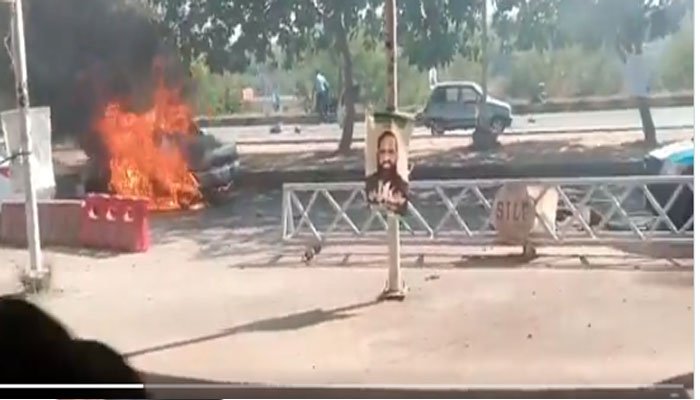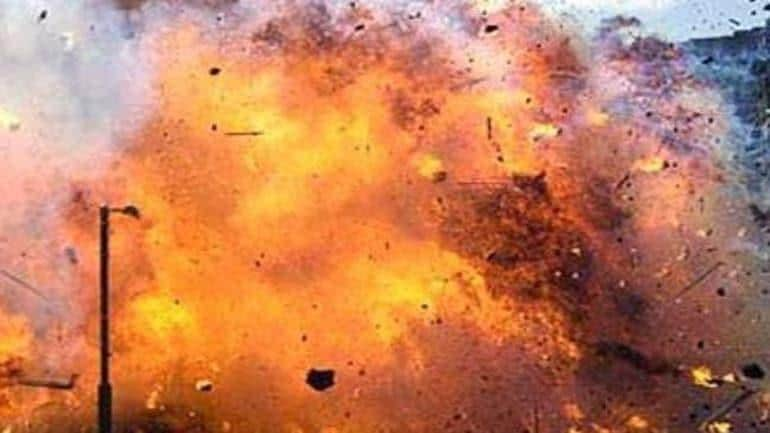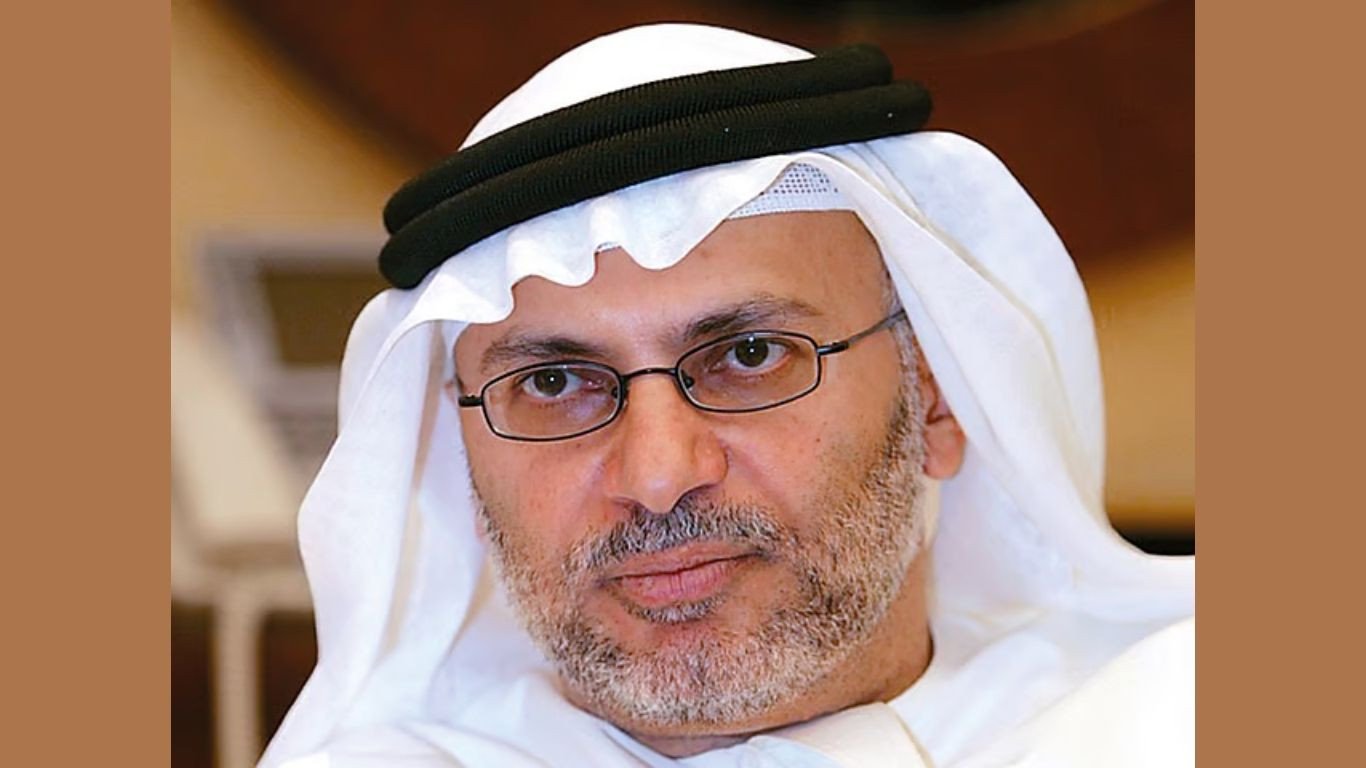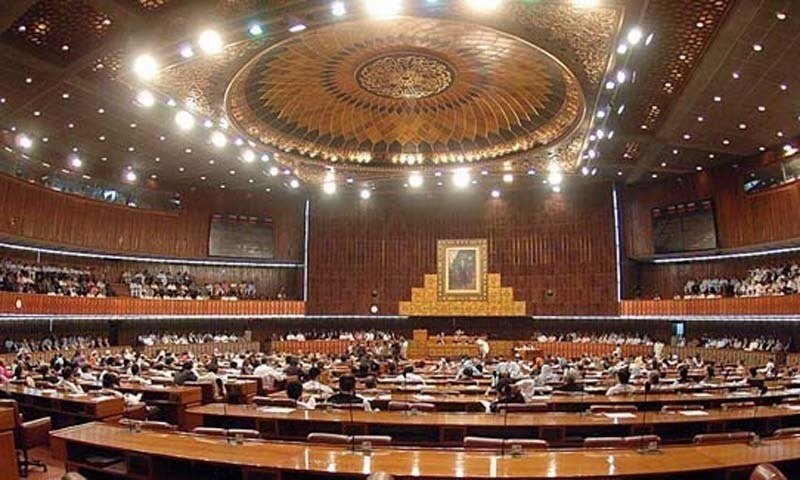On Wednesday, South Koreans were left questioning President Yoon Suk Yeol’s thinking after he shocked the nation with a late-night address declaring martial law. His decision sent South Korea’s parliament into disarray and sparked protests across the country, putting his presidency on the line. Less than 24 hours later, impeachment proceedings had begun, and the president was forced to backtrack.
Yoon’s declaration of martial law, the first in South Korea since 1979, was a direct response to opposition-controlled parliament and ongoing political battles. The president described the National Assembly as a “den of criminals” and accused it of trying to paralyze his government. His speech also included vague references to external threats from North Korea and “anti-state forces,” likely an attempt to rally support from right-wing conservatives.
This drastic move follows a series of controversies throughout Yoon’s presidency. Since his narrow election victory in 2022, his approval ratings have plummeted, driven by criticism over his handling of a deadly crowd crush and scandals involving his wife. With his party’s defeat in the April parliamentary elections, Yoon has struggled to maintain political influence. His recent clash with lawmakers over the national budget further highlighted his difficulties.
Yoon’s martial law declaration was a stark reminder of the country’s authoritarian past, which many hoped was behind them. South Koreans, remembering the brutal crackdown on pro-democracy protests in 1980, were alarmed by the president’s authoritarian tone. Yoon’s past praise for the military regime of Chun Doo-hwan, who led the country through violent repression, also raised concerns about his approach to governance.
Amid these challenges, some have speculated that Yoon’s decision might stem from fears of prosecution, as several former South Korean leaders have faced jail time or investigations for corruption. This fear could have driven him to take extreme measures to maintain control.
Ultimately, Yoon’s declaration of martial law has backfired, leading to widespread public outrage and serious political consequences. His career is now hanging by a thread, and South Korea’s democracy has once again been tested by a leader’s attempt to wield unchecked power.















